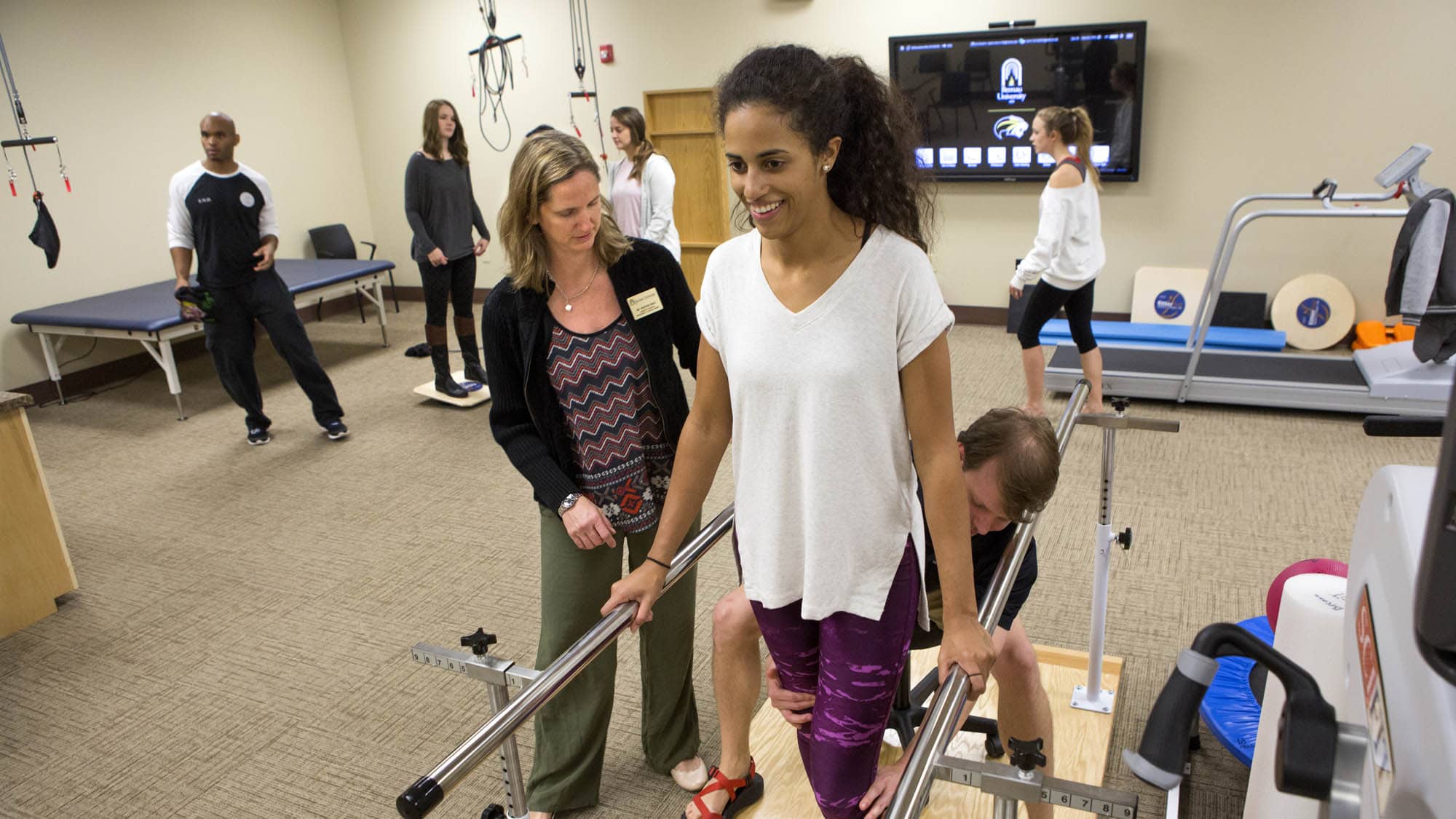Enhancing Performance and Minimizing Injury Threat via Comprehensive Evaluation of Balance and Steadiness via Functional Mobility Screening.
Enhancing Performance and Minimizing Injury Threat via Comprehensive Evaluation of Balance and Steadiness via Functional Mobility Screening.
Blog Article
Balance and steadiness are crucial elements of physical fitness and general health. They play a vital role in daily activities, sports performance, and injury prevention. When an individual has strong equilibrium and steadiness, they are not as prone to trip or sustain injuries during bodily exercises. One efficient way to evaluate these qualities is through Practical Motion Assessment (FMS). FMS is a tool used to evaluate motion patterns and recognize imbalances or weaknesses that could result to injuries.
Functional Movement Screening involves a series of specific tests that examine how effectively a individual functions. The tests concentrate on basic actions such as squatting, lunging, and flexing. By watching these actions, trainers and medical professionals can determine areas where an individual may struggle. For instance, if someone has trouble maintaining balance while performing a squat, it may indicate a need for specific exercises to improve strength and coordination. This assessment not only detects weaknesses but also helps to monitor advancement over click this over here now a period.
In addition to this to recognizing areas for enhancement, FMS serves a vital role in avoiding injuries. Many injuries occur as a result of poor movement patterns, which can be identified through practical assessments. By addressing these issues early on, individuals can lower their likelihood of injury during athletic or other bodily exercises. For instance, a runner who demonstrates an imbalance in their stride may be increasingly susceptible to knee injuries. By correcting these imbalances through targeted exercise programs, the chance of injury can be significantly decreased.
Additionally, improving capability is another advantage of conducting a comprehensive you can check here assessment of equilibrium and steadiness. Athletes and active individuals often aim to enhance their performance in specific sports or exercises. A comprehensive understanding of their motion styles allows coaches to develop personalized exercise programs that target specific weaknesses. By improving balance and steadiness, sportspeople can improve their overall performance, whether it’s jogging more quickly, jumping higher, or performing precise actions in their activity.
In summary, the importance of assessing equilibrium and steadiness through Functional Movement Assessment cannot be exaggerated. This comprehensive evaluation serves as a foundation for improving bodily wellness, preventing injuries, and improving sporting performance. By recognizing areas of deficiency and implementing specific exercise strategies, individuals can attain better results in their physical activities. Emphasizing equilibrium and steadiness not only leads to better capability but also adds to a more wholesome, more energetic lifestyle.